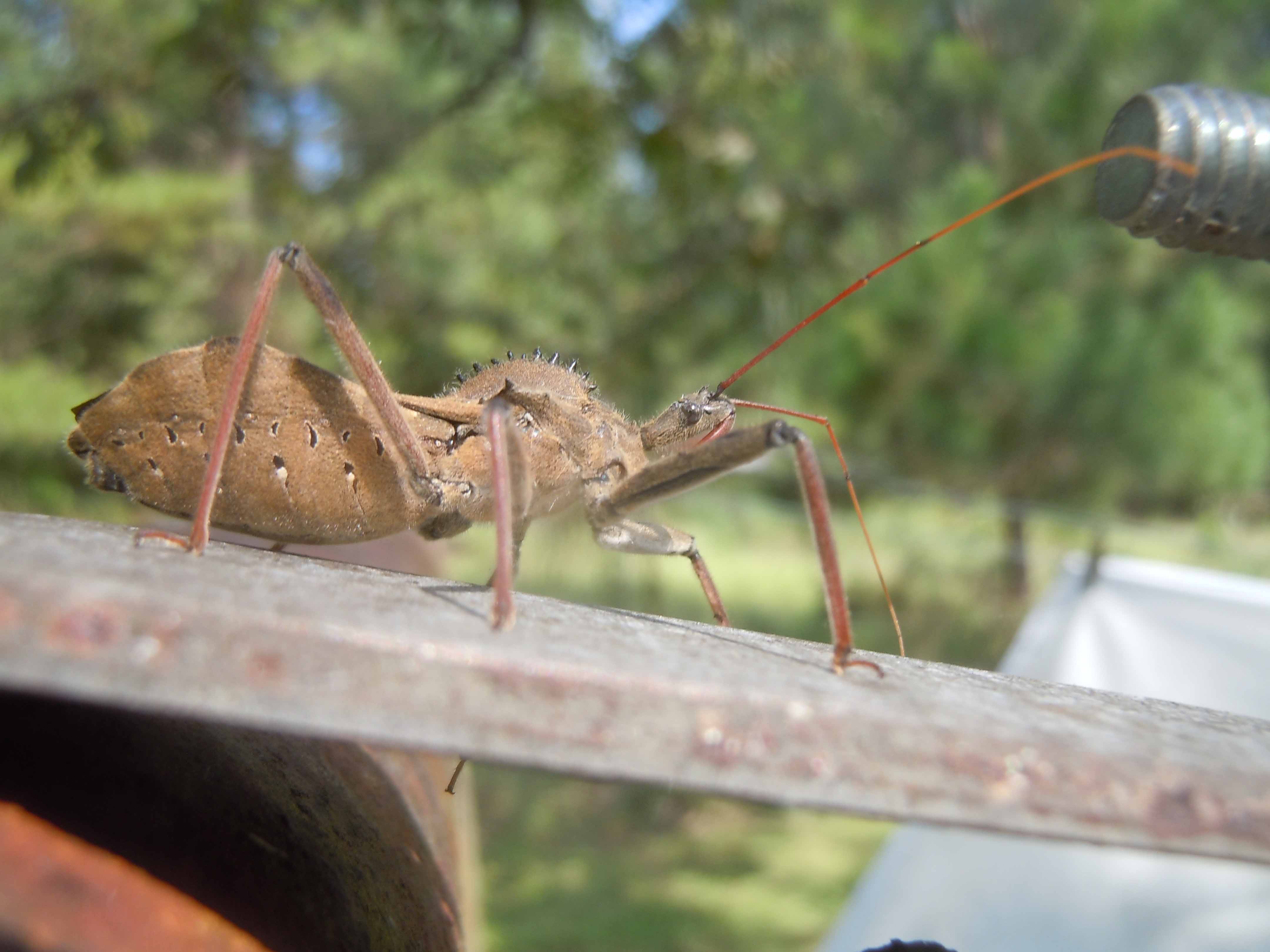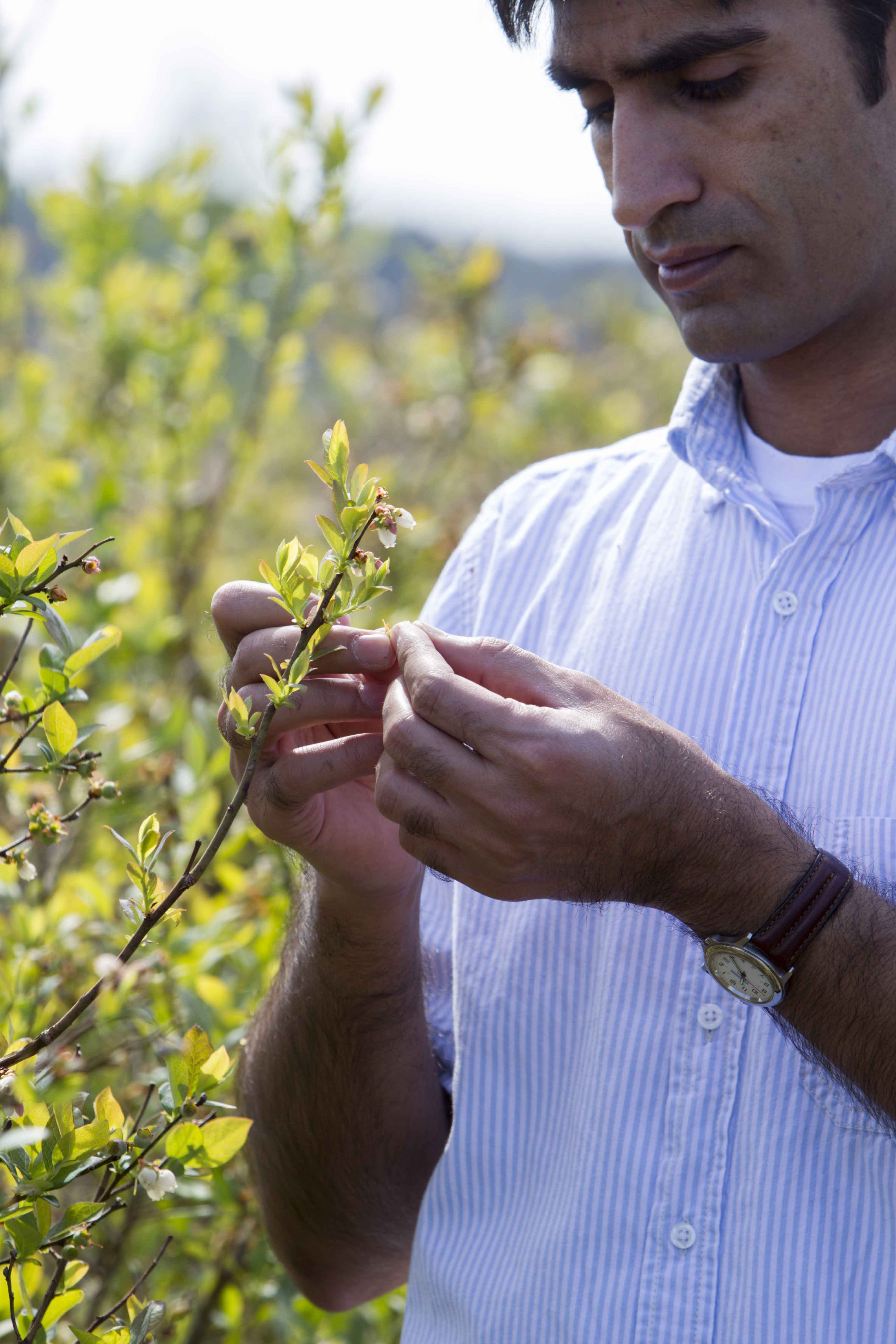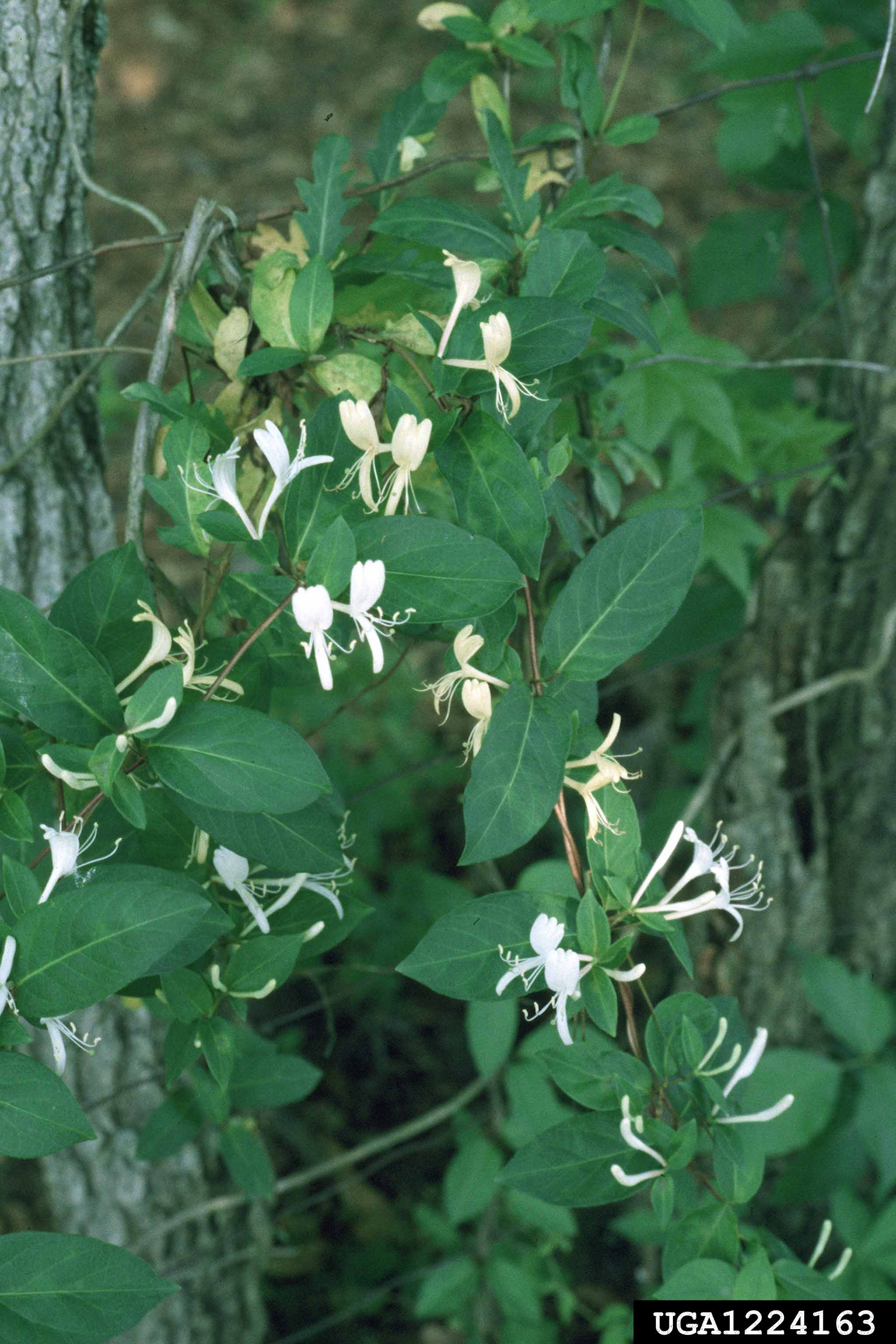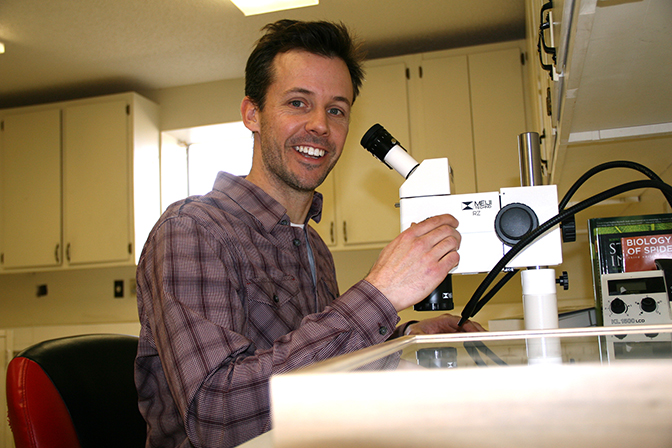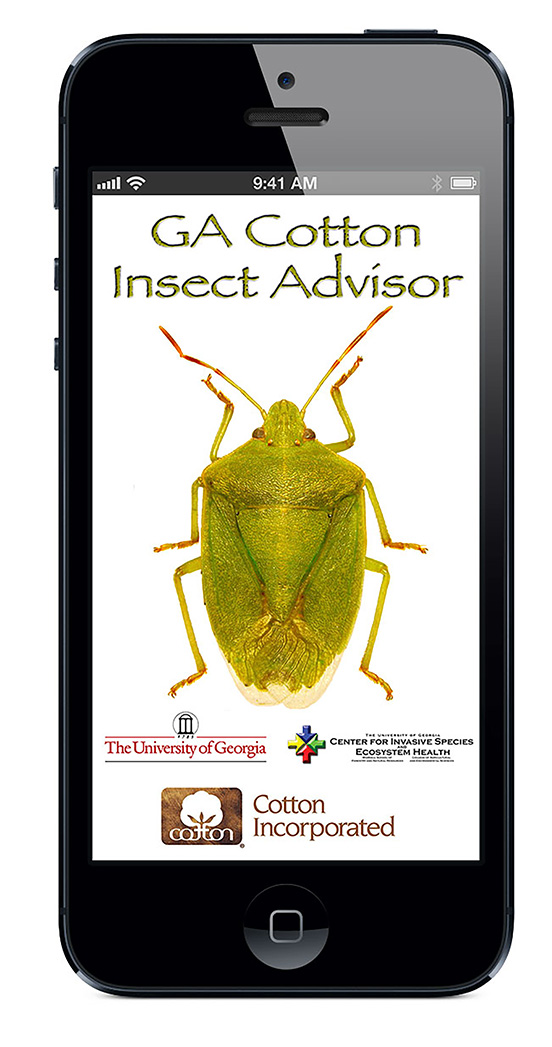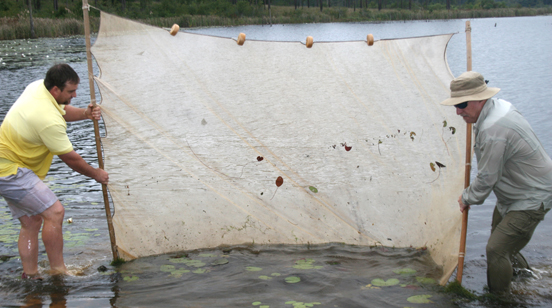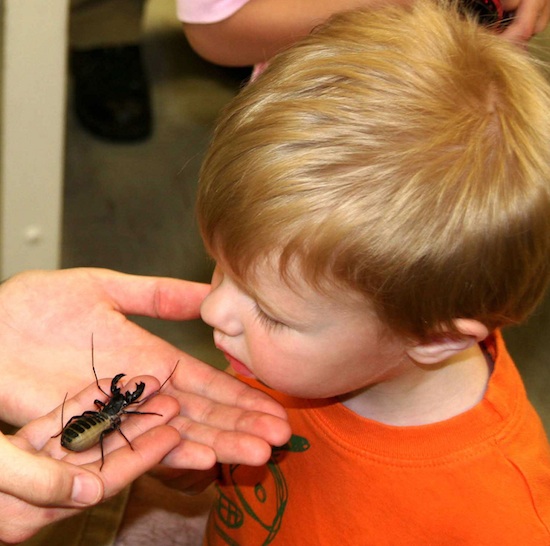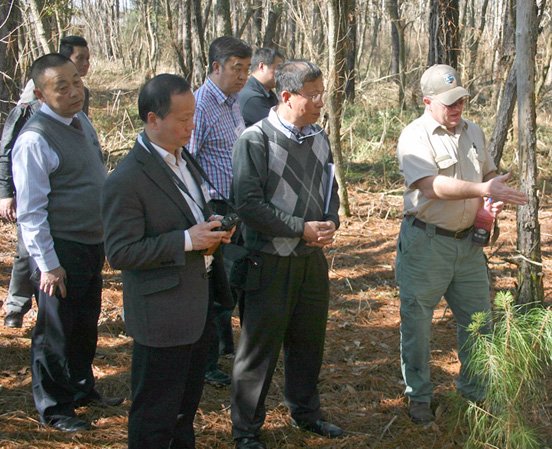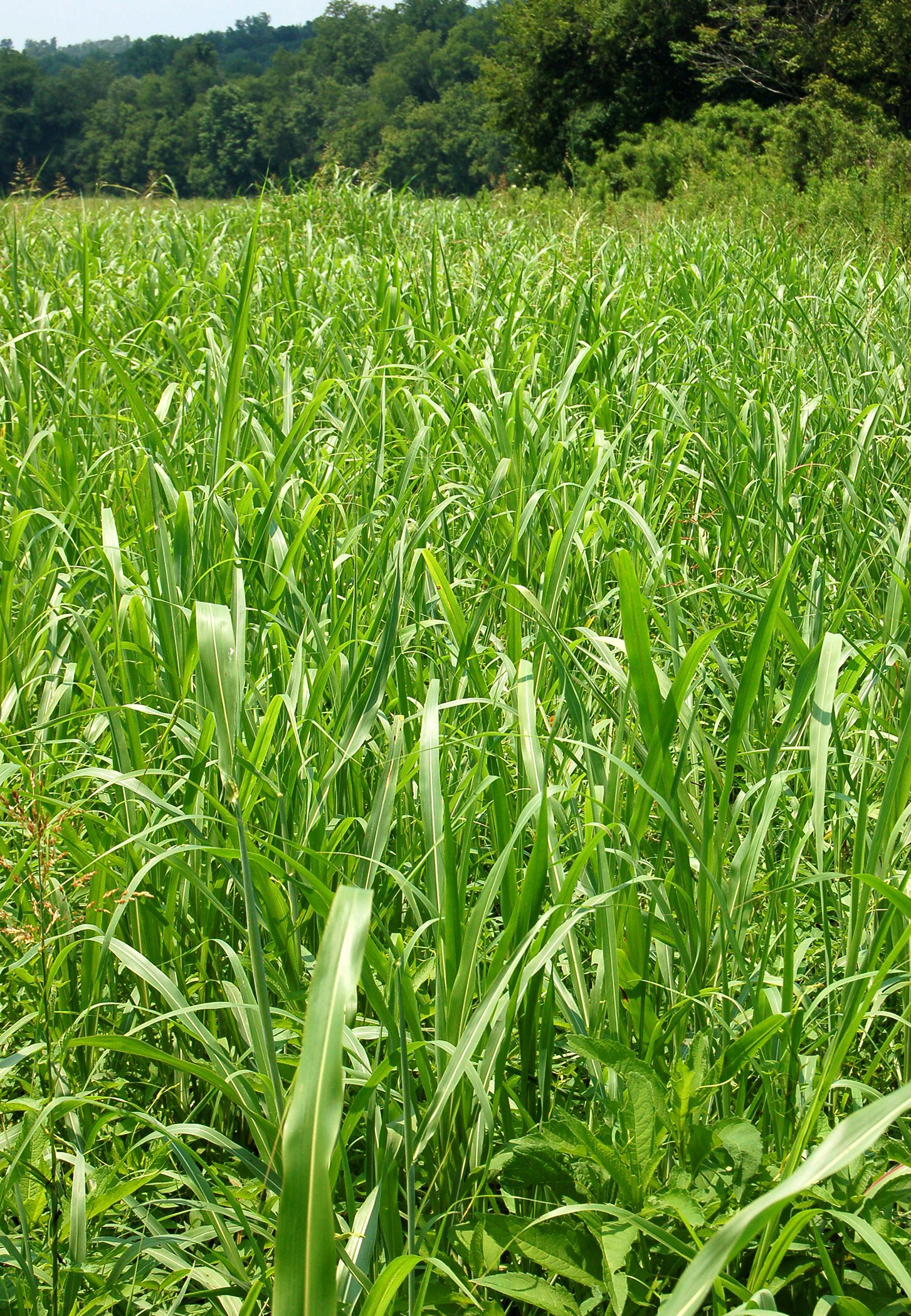 CAES News
CAES News
Combatting Johnsongrass
A team of researchers led by faculty at the University of Georgia have received a $5 million grant from the U.S. Department of Agriculture to find new ways of combating Johnsongrass, one of the most widespread and troublesome agricultural weeds in the world.

